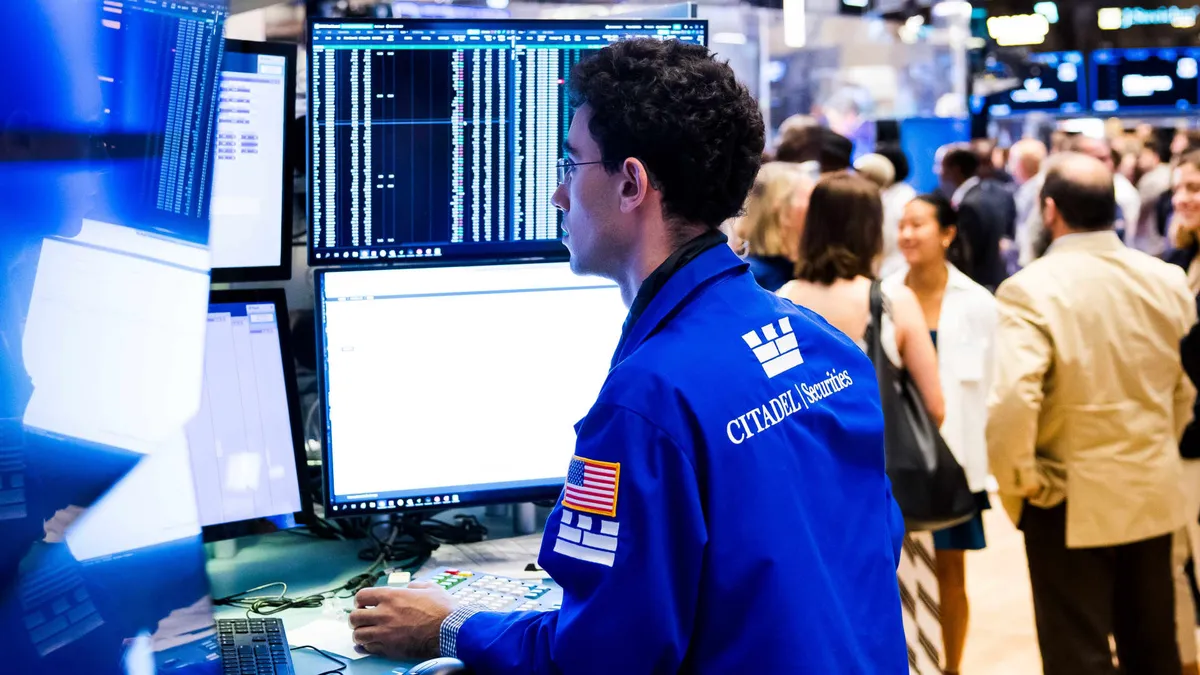
On Tuesday night, stock futures edged higher following a pivotal federal court decision regarding an Alphabet antitrust case. This ruling has sparked optimism among investors, suggesting that major tech giants may effectively navigate ongoing regulatory challenges. Specifically, S&P 500 futures climbed by 0.2%, while Nasdaq-100 futures saw a more substantial increase of 0.3%. Conversely, futures linked to the Dow Jones Industrial Average opened lower, reflecting a decline of 57 points, or approximately 0.1%.
Shares of Alphabet, the parent company of Google, surged more than 7% in after-hours trading in response to the court's ruling. The federal judge determined that Google can retain its popular Chrome browser but imposed limitations on its ability to establish exclusive search agreements and mandated that it must share its search data. This ruling is viewed as a significant win for Google, avoiding a potential worst-case scenario while reinforcing the notion that advancements in artificial intelligence have broadened consumer choices.
Furthermore, the ruling permits Apple to continue its practice of preloading Google Search onto its iPhones, a lucrative deal that benefits both tech entities. Apple, which is also embroiled in its own antitrust litigation, experienced a stock increase of over 3% following the announcement.
Despite the positive developments in after-hours trading, September commenced on a negative note for the stock market. During Tuesday's trading session, all three major U.S. indexes concluded in the red, as investors took profits from the summer rally. The Dow Jones Industrial Average experienced a loss of about 249 points, equating to a decline of 0.55%. Meanwhile, the S&P 500 lost nearly 0.7%, and the Nasdaq Composite fell around 0.8%, with notable tech stocks like Nvidia closing down about 2%.
Additionally, Tuesday's trading witnessed a spike in bond yields. The 10-year Treasury yield rose to 4.27%, while the 30-year yield surpassed 4.97%. These increases in yields occurred as traders assessed the implications of a recent federal appeals court ruling which deemed many of President Donald Trump's global tariffs illegal. This decision may necessitate refunds for billions collected from trade duties, adding another layer of complexity to the economic landscape.
Historically, September has posed challenges for U.S. equities, with Scott Wren, senior global market strategist at Wells Fargo Investment Institute, noting that it has been the worst month for the S&P 500 since 1950, averaging a return of -0.7%. Wren emphasized that stocks are entering September after a period of calm, suggesting that market volatility is likely to increase. Factors such as the slowing economy, gradual tariff impacts, and ongoing political uncertainties are expected to contribute to fluctuations in both equities and fixed-income investments.
As investors navigate these turbulent waters, all eyes are on the upcoming August jobs report, set to be released Friday. This report is anticipated to serve as a significant indicator for the health of the stock market going forward.